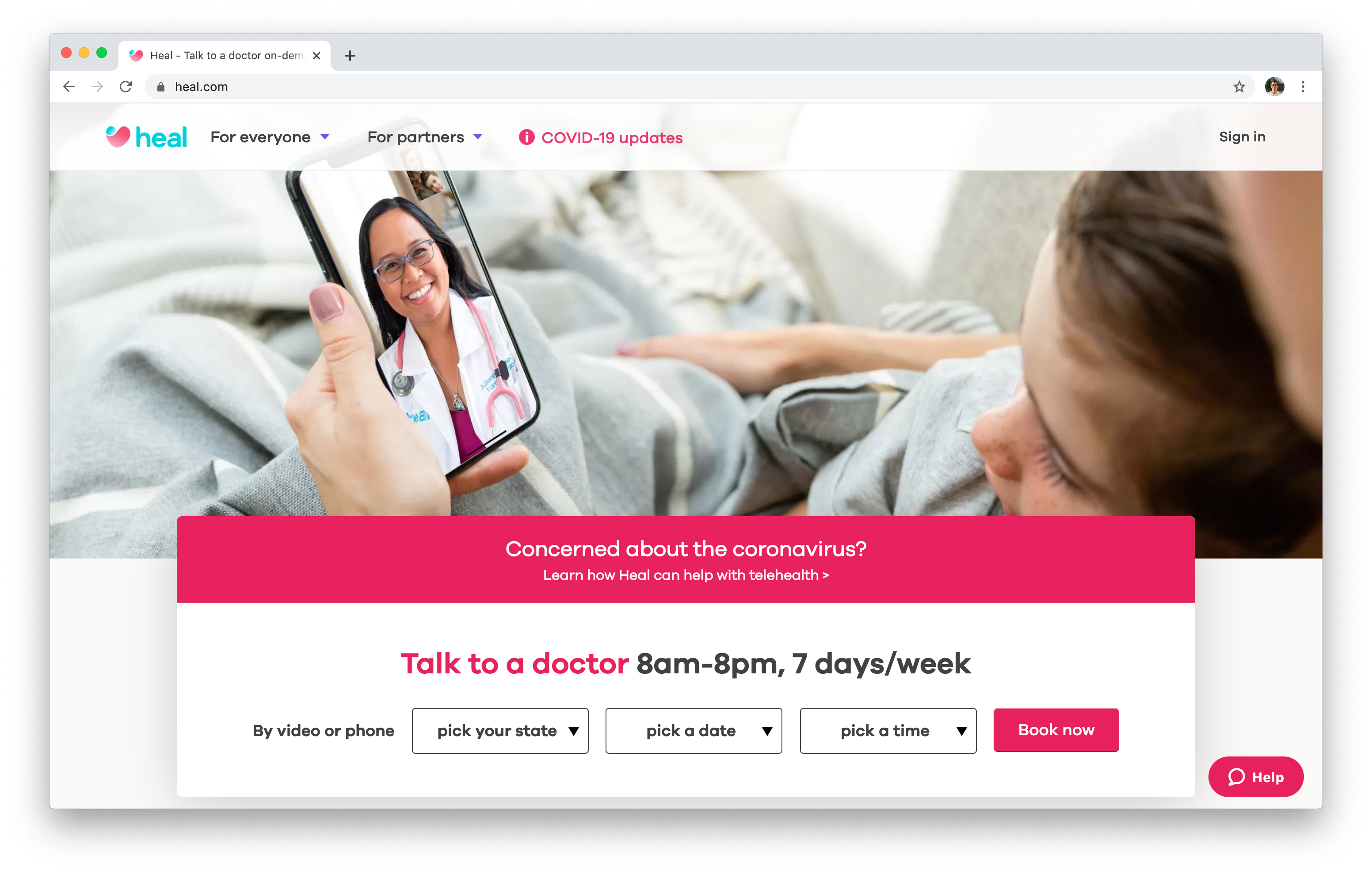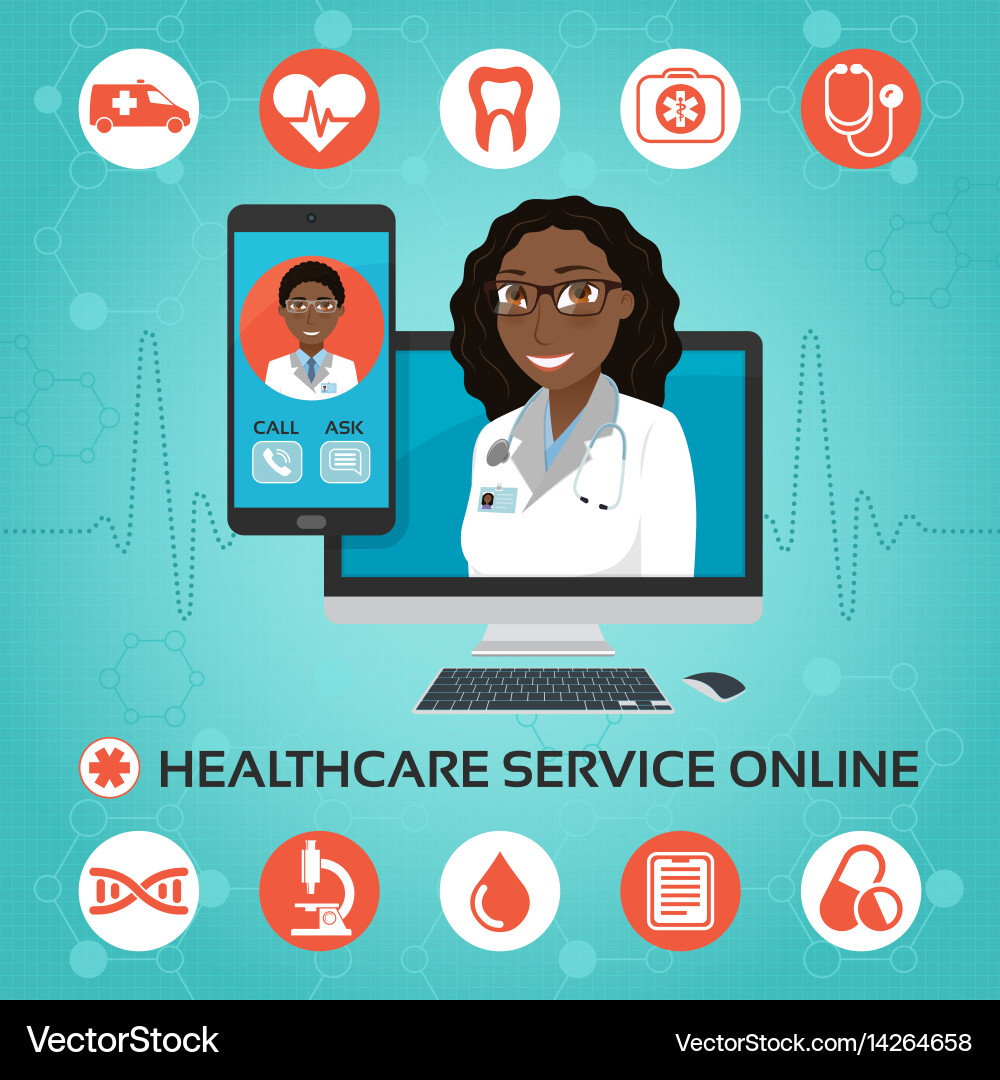The Effect of Subscription Based Healthcare on Conventional Medical Practices
The Effect of Subscription Based Healthcare on Conventional Medical Practices
Blog Article
The Surge of Subscription-Based Health Care and Its Influence on Person Treatment
As health care progresses, the subscription-based version is gaining traction, promising to reinvent individual treatment by using predictability and availability. These models, which bypass conventional insurance coverage, could redefine the patient-doctor dynamic, stressing precautionary and customized treatment. As with any innovation, they provide obstacles, specifically worrying fair gain access to for all socioeconomic teams. The possibility for these models to improve health care delivery increases pressing questions about their long-term sustainability and inclusivity. Are these registration services the future of health care, or do they take the chance of leaving susceptible populations behind? The complexities of this change warrant a closer exam.
Comprehending Registration Medical Care Models
Understanding the concept of membership medical care models entails examining a transformative strategy to medical services that stresses cost and accessibility. These designs, commonly referred to as direct health care (DPC) or attendant medicine, have actually become ingenious alternatives to typical fee-for-service healthcare systems. Membership healthcare enables patients to pay a fixed regular monthly or yearly cost for a specified set of medical services, which may include endless workplace visits, regular examinations, and basic lab examinations, without the requirement for typical insurance coverage billing.
The framework of membership medical care versions is designed to improve client care by getting rid of third-party payers and intricate billing codes, consequently lowering administrative problems. Health care carriers can concentrate more on client treatment, promoting more powerful patient-provider partnerships. This model additionally promotes preventative care by urging routine visits, as the monetary challenge of per-visit charges is removed.
The subscription model usually equips health care service providers to take care of smaller sized client panels, permitting more customized care. It lines up economic motivations with person health outcomes, as suppliers are motivated to keep individual complete satisfaction and well-being. On the whole, recognizing registration medical care versions requires identifying their potential to reshape exactly how treatment is delivered and accessed.
Advantages for Service Providers and clients

For providers, subscription-based designs provide the possibility to deepen patient-provider relationships. With a consistent profits stream, health care experts can commit even more time per client, bring about an extra tailored and detailed treatment experience. This design also decreases reliance above person quantities, reducing fatigue and enhancing work complete satisfaction. The focus on preventive treatment within subscription plans can lead to better individual outcomes and reduced lasting health care prices. By concentrating on continuous this post treatment, providers can resolve problems before they escalate, inevitably profiting the health care system overall by reducing the problem on emergency situation and severe care solutions.
Problems and challenges
While subscription-based health care designs existing many advantages, they additionally come with a collection of obstacles and problems that should be resolved. This increases ethical concerns concerning fair access to medical care solutions.
Financial sustainability of subscription-based models is an additional problem. Service providers need to stabilize the set income from subscriptions with the variable expenses of medical care services, which may vary because of unexpected medical requirements. This can develop stress to limit services or increase charges, possibly impacting person satisfaction and care quality.
Moreover, regulative oversight of subscription-based medical care designs is still evolving. Resolving these obstacles is critical for the equitable and successful execution of subscription-based medical care.
Influence On Patient-Doctor Relationships
One considerable effect of subscription-based health care designs on patient-doctor partnerships is the capacity for improved continuity and customized care. By adopting a registration version, medical professionals can handle a smaller sized client panel, permitting for even more committed time with each individual. This raised availability cultivates a deeper understanding of a person's medical background, way of living, and choices, enabling more tailored therapy plans and treatments.

Nevertheless, it is very important to recognize that while subscription-based versions might benefit those that can afford them, they might accidentally broaden medical care variations. Patients who are unable to join these designs could experience decreased access to customized care, possibly affecting their relationships with doctor. Therefore, while the subscription version supplies promising advantages for patient-doctor relationships, it also postures difficulties that need to be resolved to make certain equitable healthcare access.
Future of Healthcare Gain Access To

The role of technology can not be forgotten in this Click This Link change. Telemedicine platforms and digital health documents help with smooth interaction between individuals and doctor, breaking down logistical and geographical barriers. In addition, innovations in expert system and data analytics can additionally customize healthcare by predicting client demands and maximizing therapy plans.
Nevertheless, the future of health care access additionally offers difficulties, such as guaranteeing equity across various socio-economic groups. Policymakers and health care suppliers should team up to bridge the digital divide, guaranteeing that subscription-based designs stay cost effective and comprehensive. As these systems develop, they hold the guarantee of making health care much more obtainable, reliable, and patient-centric.
Verdict
Subscription-based medical care versions are improving client treatment by supplying a steady price structure and boosting accessibility. The increase of subscription-based health care motivates aggressive patient engagement, which has the possible to improve person outcomes and contentment, signaling a transformative shift in medical care shipment.
As healthcare evolves, the subscription-based design is obtaining traction, assuring to transform individual treatment by using predictability and availability.Subscription-based medical care versions supply distinctive advantages for both patients and service providers, boosting the total health care experience.As health care systems evolve, the future of health care accessibility frequently hinges on the assimilation of innovative designs and technologies.Subscription-based healthcare designs are reshaping client care by offering a secure price structure and improving availability. The surge of subscription-based health care encourages aggressive individual involvement, which has the potential to improve patient end results and complete satisfaction, indicating a transformative change in health care delivery.
Report this page